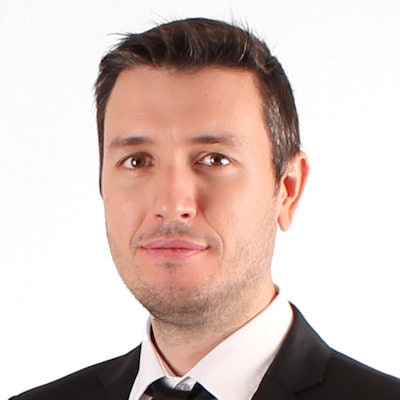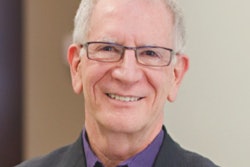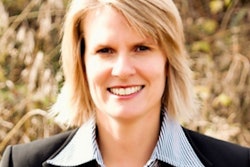
In the world today, technology and groundbreaking techniques get more than their fair share of attention from the public and professionals. The process of slow dentistry aims to shift the focus back to the human factor, to interpersonal communication, and to active listening as essentials of praxis and of personal and professional growth. However, practicing slow dentistry does not mean forsaking innovation.
Being in a constant rush, arriving late, requesting that things be "done yesterday," and having more needs than time available are all indicative of a battle against the clock that can degrade human relationships.
“Investing time in a thorough thinking process before we act brings greater benefits and profits on all levels.”
Slow tourism, slow food, slow fashion, slow schooling, and slow medicine are just a few examples of how the movement has caught on in certain areas. The slow dentistry movement wants to make the emotional bond between professionals and patients the main catalyst for a win-win situation for everyone involved.
Short appointments that do not allow enough time for conversations with patients often mean that we, as practitioners, don't have time to analyze the consequences of our decisions. This could lead our profession away from its foundation of serving patients and cause a breach of trust between dentists and patients.
Carrying out procedures in a hurried manner can transform dentists into mere "executors." Slow dentistry reminds us that, above all, we are "thinkers" who make thoughtful decisions first and then base our actions on these decisions. Investing time in a thorough thinking process before we act brings greater benefits and profits on all levels.
Time as a resource
Understanding that every patient is unique should help us tailor treatment plans and procedures to each case, instead of simply lining each patient up as if he or she were on an assembly line and performing each procedure by rote. Each individual brings a series of anatomical, functional, and biological characteristics and personal experiences that make him or her special. If we know how to manage all of this information and make an empathic connection, this will afford us an exciting, enjoyable opportunity to reinvent ourselves each time a new patient comes through the door.
 Primitivo Roig, DDS, is CEO of dentalDoctors Institute of Management.
Primitivo Roig, DDS, is CEO of dentalDoctors Institute of Management.Time is a resource that enables professionals to ensure that we are precise in our interpretations and diagnosis. The slow method prioritizes correct time management, especially during the critical first phases of the relationship with a patient, because not knowing how to use time well could mean serious clinical problems and consequences, such as the following:
- Greater number of incorrect diagnoses
- Loss of patient trust
- Inadequate or mistaken treatment plans
- Decreased practice performance
- Loss of reputation and prestige
We need to hearken back to the times when communication with patients and with our own staff was at a maximum. When we remind ourselves how precise communication made us successful, we will be encouraged to unite the best part of our training with the possibilities that today's dentistry affords us.
Making human relationships a priority and building clinical environments where all of this is possible is one of the main objectives of a movement that is looking to revolutionize dentistry.
Primitivo Roig, DDS, is the CEO of the dentalDoctors Institute of Management in Europe and a recognized author, speaker, and trainer. He can be reached by email.
The comments and observations expressed herein do not necessarily reflect the opinions of DrBicuspid.com, nor should they be construed as an endorsement or admonishment of any particular idea, vendor, or organization.



















